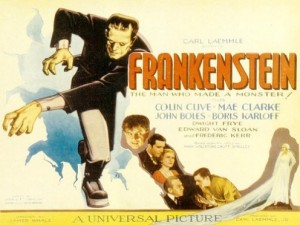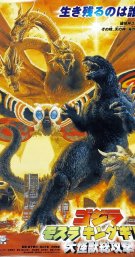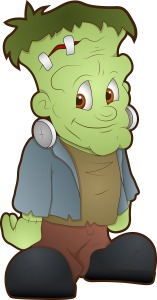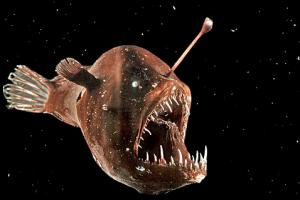My son is college age now, but there was a time many years ago when I thought he would never pick up another book. I read to my son from his toddler‘s years through the third grade to help him learn to love reading, but when he started refusing to read around the fifth grade, I had to take matters into my own hands.

During the summer between the fifth and sixth grades, my son refused to pick up another book. This was the same kid that brought home two books a week from the school library for years, and was so mad when the dog in The Legend of Stone Fox died, he wouldn’t pick up the book to finish it for three weeks.
A quick visit to my local library had me checking out an audio book of Lemony Snicket’s A Bad Beginning, narrated by Tim Curry. It was an instant hit, and renewed his interest in listening to another. So I picked up the second in the series which he gladly listened to. The third in the series wasn’t the audio book, but the print version. He devoured it in days and began asking me for more reading suggestions. Fortunately, I knew tons of good books he would like.
Thankfully he had a wonderful reading teacher in the sixth grade. She knew her stuff and how to keep her students reading by helping them find books that they were interested in. He was still an avid reader until the end of the ninth grade. True to form, our public school system pretty much killed his “reading for pleasure habits” by cramming classics down his throat in the middle of the tenth grade.

Having Problems Getting Someone to Read Beowulf? Try this.
Reading for enjoyment is very important. Sure our kids can read, but can they understand the context and analyze the message by breaking down the ideas in it. They may read to pick out facts, but do they understand what is being said? Analytical thinking is a skill that needs to be practiced daily. Our media- inundated culture genuinely requires us to be critical thinkers, if only out of self-defense to avoid being manipulated. Reading is a great way to develop and maintain critical thinking skills and help sharpen focus.
I have no qualms with reading classics, but there are a great many I don’t even like to read myself. So why should I make a child read something I would never pickup. Forcing “classics” on children can make them view reading as an enemy.
There are many literature teachers racking their brains to try to get their students to interact with classic literature, but the problem is that the classics can be far enough removed from our culture that they don’t engage many young readers. This is where stories marketed for Young Adults and Middle Grade students can at least help bridge those jumps to more challenging books. I want to take this one step farther; audio books can bridge the gap between not liking reading and learning to appreciate reading.
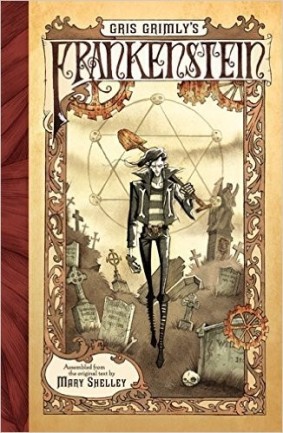
A FUN WAY TO TEACH A CLASSIC
An audio book requires the use of different areas of the brain than reading plain text. Listening to the phrasing and grouping of a sentence being read is a great way to make the viewing of text friendlier by allowing a listener to associate the content of a book with a fun story. Even reading along with the book as the narrator reads is a time tested method for teaching reading skills.
I admit I will never like The Great Gatsby even though I was forced to read it. There are some classics that I have enjoyed and were a lot of fun to read. A fact I discovered when I found the audio book versions of them.
Some evening try listening to an audio book instead of renting a DVD. It’s really fun.
Next time: Graphic Novels as a strategy for the reluctant reader.























